Effective Toad Extermination Strategies
Toad extermination efforts are most effective when aligned with the toads' natural activity cycles. Understanding seasonal and environmental patterns can optimize control measures and reduce toad populations efficiently.

Toads become highly active during spring, making it an ideal time for extermination efforts.
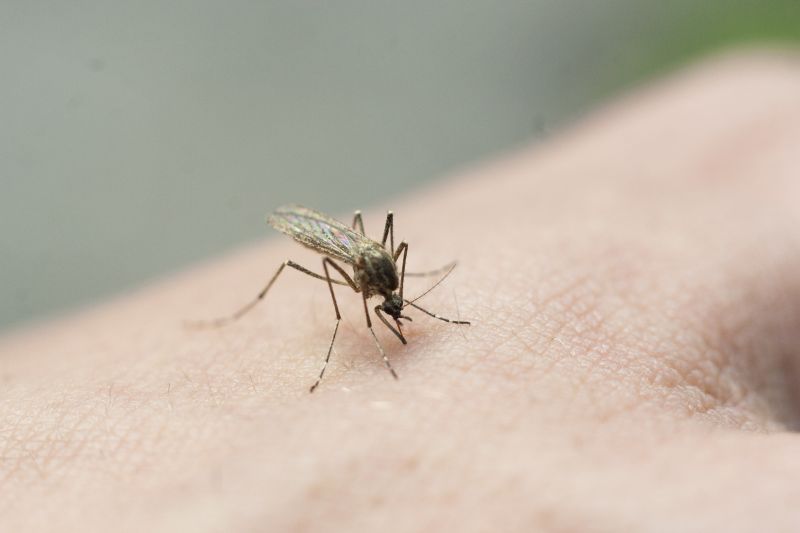
During hot summer months, toad activity decreases, reducing the effectiveness of extermination programs.

In fall, toads migrate to breeding sites, presenting another strategic window for control.

Ways to make Toad Exterminations work in tight or awkward layouts.

Popular materials for Toad Exterminations and why they hold up over time.

Simple add-ons that improve Toad Exterminations without blowing the budget.
Toad populations tend to surge during specific times of the year, especially during breeding seasons. Targeting extermination efforts during these periods can significantly reduce their numbers. Effective timing minimizes the need for repeated treatments and helps maintain control over toad infestations.
Toads are most active during the rainy seasons and spring, which correlates with increased breeding activity.
Temperature and moisture levels influence toad activity, with wetter conditions encouraging movement and breeding.
Timing exterminations during peak activity periods enhances effectiveness and reduces toad populations faster.
Observing local toad activity can help determine the best times for intervention.
| Season | Best Time for Toad Exterminations |
|---|---|
| Spring | During peak activity and breeding season |
| Summer | Less effective due to dormancy |
| Fall | During migration to breeding sites |
| Rainy periods | When moisture encourages movement |
| Post-rain events | After heavy rain to target active toads |

Rain increases toad movement, making it a strategic time for extermination.

Toads congregate in breeding sites, facilitating population control.

Monitoring migration can identify prime extermination windows.
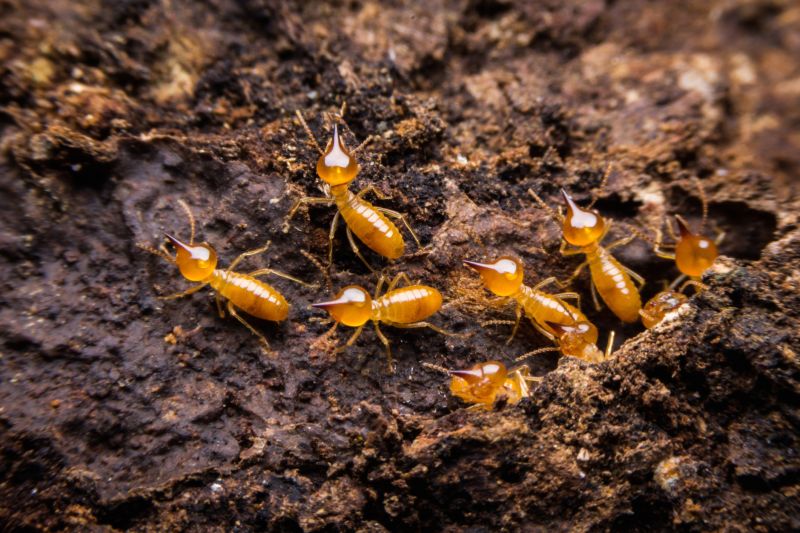
Optimal conditions for toad activity occur during wet and warm periods.
Understanding the behavioral patterns of toads across seasons and environmental conditions is essential for effective extermination planning. Proper timing not only enhances control efforts but also minimizes the need for repeated treatments, leading to more sustainable management of toad populations.

Targeting breeding sites during peak season reduces population growth.
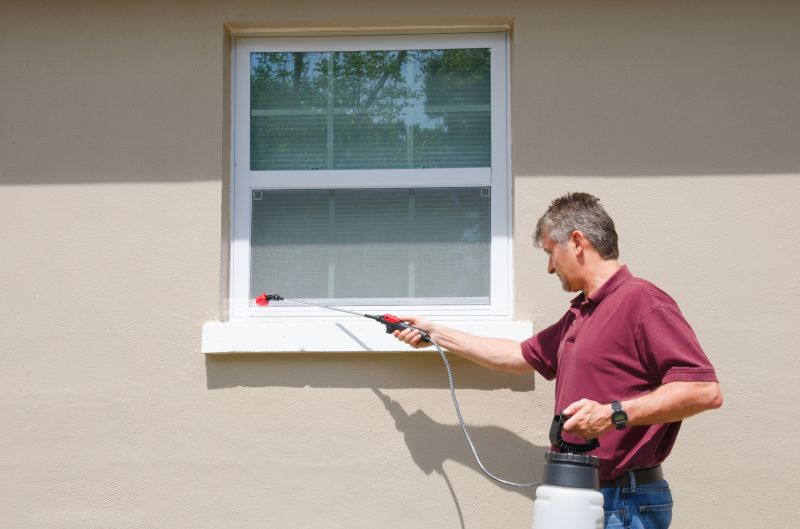
Weather forecasts can predict periods of increased toad activity.
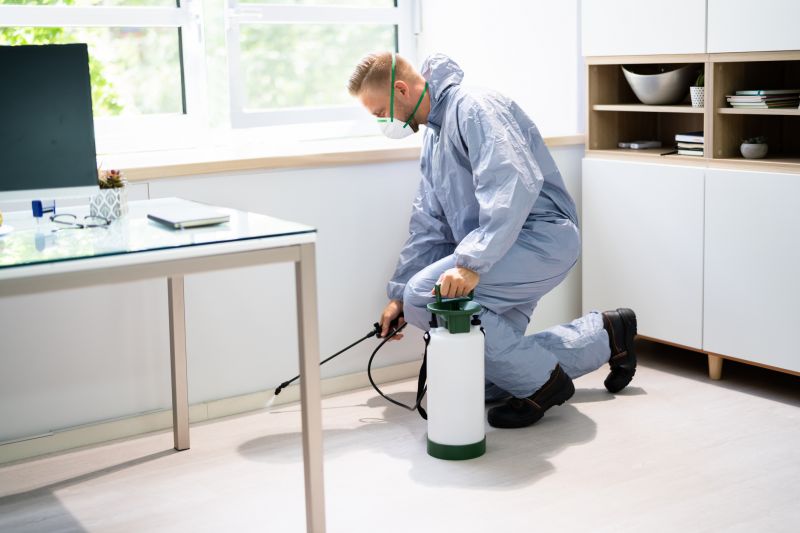
Aligning efforts with environmental cues improves results.

High-end options that actually feel worth it for Toad Exterminations.

Finishes and colors that play nicely with Toad Exterminations.

Little measurements that prevent headaches on Toad Exterminations day.
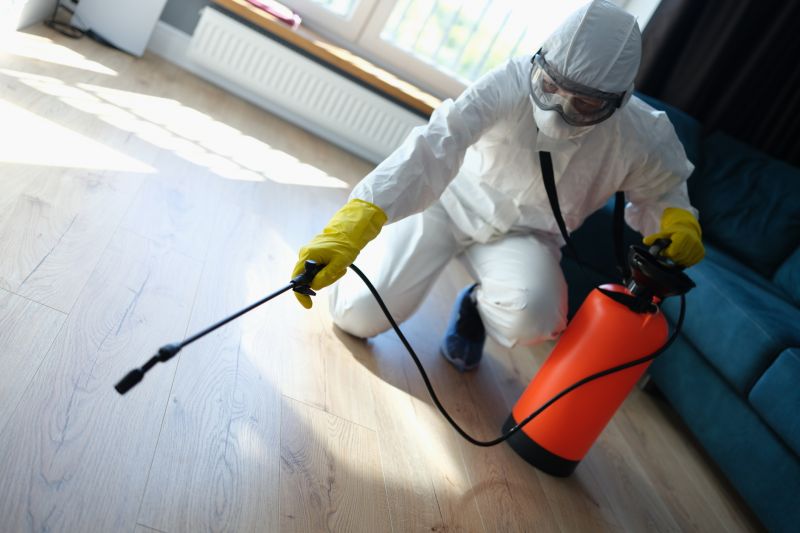
A 60-second routine that keeps Toad Exterminations looking new.
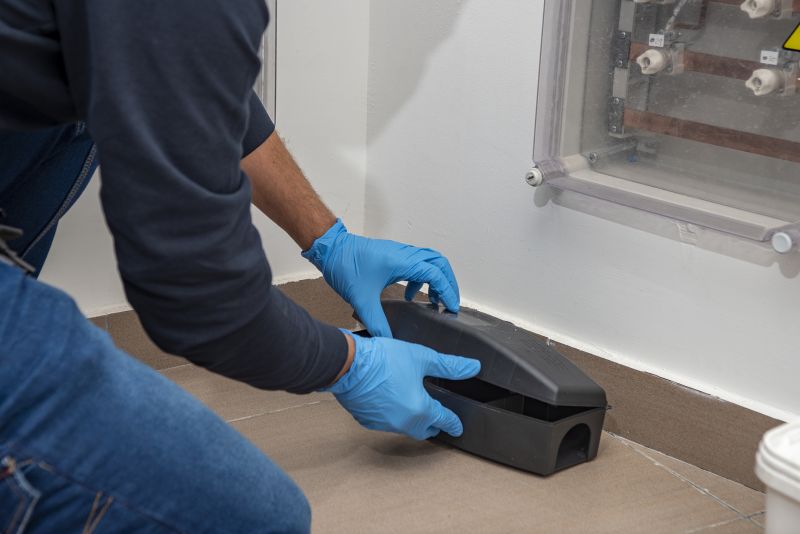
A frequent mistake in Toad Exterminations and how to dodge it.

Small tweaks to make Toad Exterminations safer and easier to use.
Timely toad extermination efforts are crucial for managing populations effectively. By aligning control measures with natural activity cycles and environmental conditions, it is possible to achieve better results with fewer interventions. Regular monitoring and understanding local toad behaviors support strategic planning for control programs.
Interested in controlling toad populations effectively? Filling out the contact form can provide more information on suitable timing and methods for extermination efforts tailored to specific environments.
